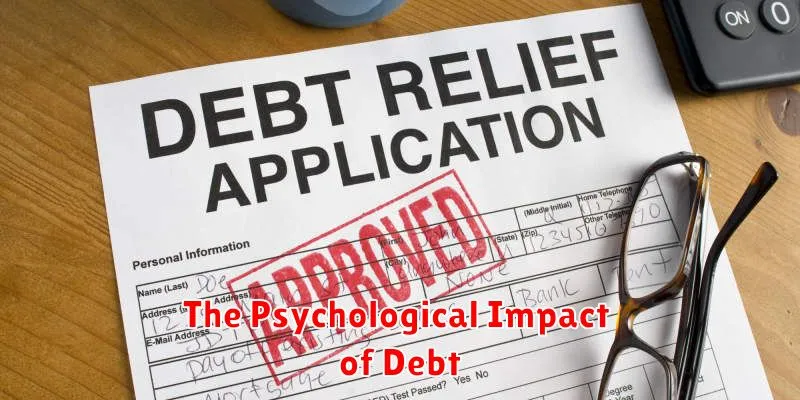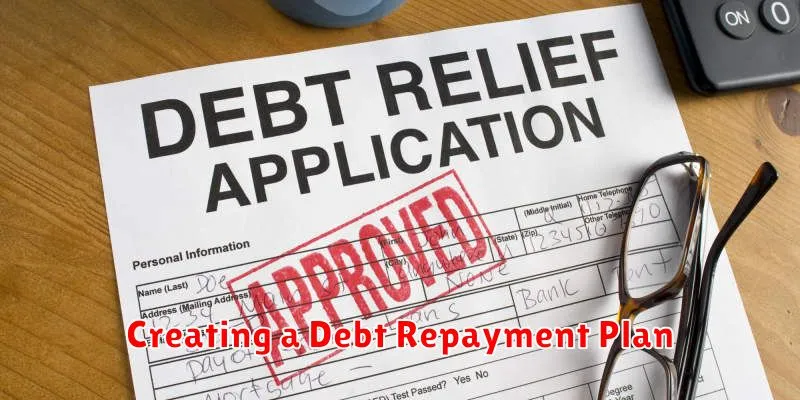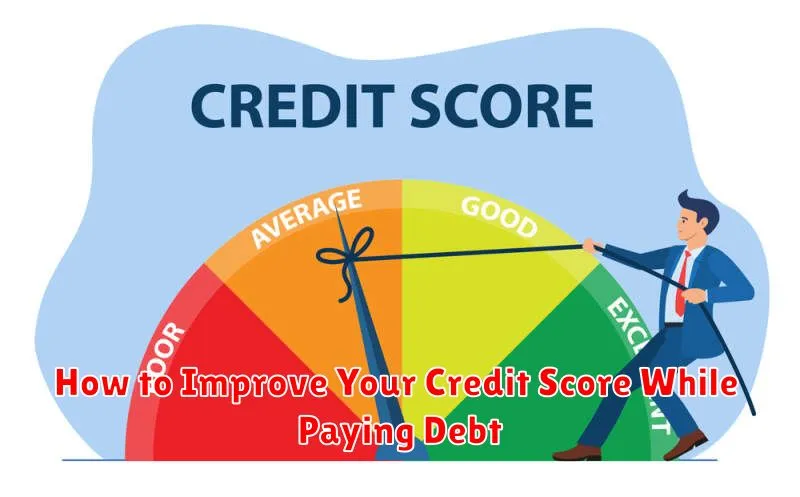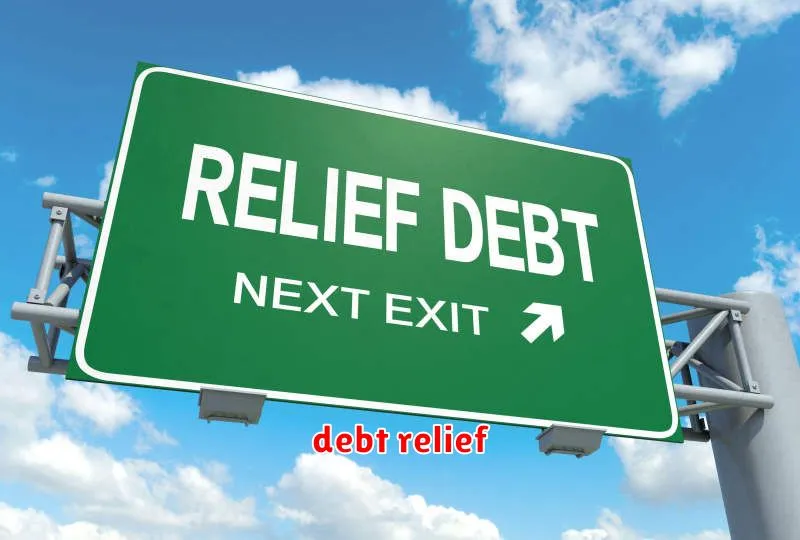Are you burdened by debt and yearning for financial freedom? This article explores effective debt reduction strategies to help you break free from the cycle of debt and achieve your financial goals. We’ll cover proven methods for managing debt, including budgeting, debt consolidation, and negotiating with creditors, empowering you to take control of your finances and build a secure financial future. Discover how to implement these strategies and pave your way towards a life free from the constraints of debt.
The Psychological Impact of Debt

Debt can significantly impact mental well-being. The constant worry about financial obligations can lead to stress, anxiety, and even depression. Individuals may experience feelings of overwhelm and powerlessness, impacting their sleep, relationships, and overall quality of life.
The psychological burden of debt is often intensified by the stigma associated with financial struggles. This can lead to feelings of shame and isolation, preventing individuals from seeking help or discussing their challenges openly. The pressure to maintain a certain image can exacerbate these feelings.
Furthermore, the cognitive load associated with managing multiple debts and payments can be considerable. This constant mental juggling act can impact focus, productivity, and decision-making abilities, affecting both personal and professional spheres.
The long-term effects of chronic financial stress can be severe, increasing the risk of physical health problems and impacting overall life satisfaction. Addressing the psychological impact of debt is as crucial as tackling the financial aspects.
How to Assess Your Debt Situation
Understanding your debt is the first step towards financial freedom. Begin by creating a comprehensive list of all your debts. Include the creditor, account type (credit card, loan, etc.), balance, minimum payment, and interest rate for each.
Next, calculate your total debt. This will give you a clear picture of your overall financial obligation. Also, determine your debt-to-income ratio (DTI). This is calculated by dividing your total monthly debt payments by your gross monthly income. A high DTI indicates a potentially unsustainable debt burden.
Analyze your interest rates. Prioritize paying down debts with the highest interest rates first, as these are costing you the most money. Consider using the debt avalanche method (focus on highest interest rate first) or the debt snowball method (focus on smallest debt first, for motivational purposes). Both are valid strategies, and the best one depends on your personality and preferences.
Finally, review your spending habits. Identify areas where you can cut back to free up more money for debt repayment. This detailed assessment will provide the foundation for creating an effective debt reduction plan.
Creating a Debt Repayment Plan

Creating a comprehensive debt repayment plan is crucial for achieving financial freedom. This involves a structured approach to tackling your debts effectively.
First, list all your debts, including the creditor, balance, interest rate, and minimum payment. This provides a clear overview of your financial situation.
Next, choose a debt repayment method. Popular strategies include the debt snowball (paying off the smallest debt first for motivation) and the debt avalanche (paying off the debt with the highest interest rate first to save money on interest). Consider your personality and financial goals when selecting a method.
Then, create a realistic budget that allows you to allocate extra funds towards debt repayment. This may involve reducing expenses or increasing income. Track your progress regularly to ensure you stay on track.
Finally, automate payments whenever possible to ensure consistent debt reduction and avoid late fees. Regularly review and adjust your plan as needed, considering any changes in your financial circumstances.
By following these steps and remaining committed to your plan, you can significantly reduce your debt and move closer to financial freedom.
How to Negotiate Lower Interest Rates
Negotiating lower interest rates on your debt can significantly reduce your monthly payments and accelerate your path to financial freedom. Preparation is key. Before contacting your creditor, gather information about your credit score, payment history, and outstanding balances. Also, research current interest rates offered by competing lenders.
Contact your creditor. Explain your situation politely and professionally. Highlight your consistent payment history and express your desire to remain a loyal customer. Mention the lower rates offered by competitors if applicable. Be prepared to negotiate; suggest a specific rate reduction you’re aiming for.
Consider a balance transfer. If your creditor is unwilling to lower your interest rate, consider transferring your balance to a credit card or loan with a lower interest rate. Be mindful of balance transfer fees and ensure the benefits outweigh the costs.
Document everything. Keep records of all communication with your creditor, including dates, times, and agreements reached. This documentation will be crucial if disputes arise.
Be persistent but polite. Negotiating may require multiple attempts. Remain calm and respectful throughout the process. Persistence often pays off, especially when demonstrating a commitment to responsible debt management.
By following these steps, you can significantly increase your chances of negotiating lower interest rates and achieving your financial freedom goals more quickly. Remember, proactive communication and a well-prepared approach are crucial for success.
Debt Consolidation: When is it a Good Idea?
Debt consolidation can be a powerful tool in your debt reduction journey, but it’s not always the right solution. It’s a good idea when you can secure a lower interest rate on a consolidated loan than you’re currently paying across multiple debts. This will save you money on interest over time, accelerating your repayment progress.
Consider consolidation if you’re overwhelmed by managing multiple payments and deadlines. Simplifying your finances with a single monthly payment can significantly reduce stress and improve your financial organization. However, be cautious of hidden fees and ensure the terms of the consolidation loan are clearly understood.
Before consolidating, carefully compare interest rates and fees from different lenders. Evaluate the total cost of the loan, including any upfront fees or penalties, to ensure it’s truly beneficial in the long run. Debt consolidation should reduce your overall interest burden; otherwise, it may not be worth pursuing.
It’s crucial to develop a realistic repayment plan after consolidating your debt. This includes budgeting effectively and sticking to your payment schedule to avoid accumulating further debt. Consider seeking professional financial advice if you’re unsure whether debt consolidation is the right choice for your individual circumstances.
How to Improve Your Credit Score While Paying Debt

Improving your credit score while tackling debt requires a strategic approach. Focus on consistent, on-time payments on all accounts. Even small payments demonstrate responsible credit management to creditors.
Keep credit utilization low. High credit utilization (the percentage of available credit you’re using) negatively impacts your score. Try to keep it below 30%, ideally below 10%. This might involve paying down balances faster or requesting a credit limit increase (if you have a good payment history).
Don’t open new credit accounts unnecessarily. Each new application results in a hard inquiry on your credit report, temporarily lowering your score. Avoid applying for new credit unless absolutely necessary.
Monitor your credit reports regularly. Check for errors or inaccuracies that could be affecting your score. You are entitled to a free credit report from each of the three major credit bureaus annually. Dispute any incorrect information promptly.
Consider a debt management plan (DMP) if you’re struggling to manage multiple debts. While a DMP may temporarily show up on your credit report, the improved payment history and reduced debt can ultimately boost your credit score over time. Always discuss your options with a qualified financial advisor before committing to a DMP.
Avoiding Common Debt Traps
Falling into debt can be detrimental to your financial well-being. Avoiding common debt traps is crucial for achieving financial freedom. Understanding these pitfalls allows for proactive measures to safeguard your financial future.
One major trap is high-interest debt, such as payday loans or credit card debt with exorbitant APRs. These loans quickly accumulate interest, making repayment incredibly difficult. Prioritize paying down high-interest debt aggressively.
Another common trap is overspending and impulse buying. Creating and sticking to a realistic budget is vital. Track your expenses diligently to identify areas where you can cut back. Avoid unnecessary purchases and prioritize needs over wants.
Failing to plan for emergencies is a significant risk. Unexpected expenses, like medical bills or car repairs, can easily plunge you into debt if you lack a sufficient emergency fund. Aim to save 3-6 months’ worth of living expenses.
Ignoring debt can lead to compounding interest and collection agencies. Tackling debt head-on, through methods like the debt snowball or debt avalanche, allows for strategic repayment and reduces stress. Actively communicate with creditors if facing difficulties.
Finally, taking on too much debt overall is a prevalent issue. Before taking on new debt, carefully weigh the benefits against the long-term costs. Only borrow what you can comfortably afford to repay.
Steps to Maintain a Debt-Free Lifestyle

Maintaining a debt-free lifestyle requires consistent effort and discipline. It’s not a destination, but a journey requiring ongoing vigilance.
Budgeting is crucial. Track your income and expenses meticulously to understand where your money goes. Identify areas where you can reduce spending and allocate funds towards savings or debt repayment (if any unforeseen debt arises).
Emergency fund is paramount. Aim to save 3-6 months worth of living expenses to cover unexpected costs, preventing you from incurring new debt.
Mindful spending is key. Avoid impulsive purchases. Differentiate between needs and wants. Prioritize needs and delay or eliminate non-essential spending.
Financial planning is essential. Regularly review your budget, savings goals, and financial progress. Consider seeking professional financial advice for personalized guidance.
Consistent saving habits contribute significantly to maintaining a debt-free status. Automate savings transfers to ensure regular contributions to your savings and emergency fund.
Living below your means is fundamental. Avoid lifestyle inflation; don’t increase spending as your income grows. Instead, allocate the extra income towards savings and investments.

